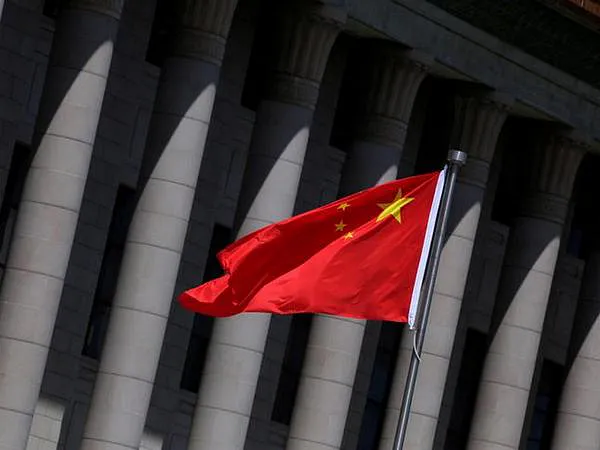Several Chinese firms have been facing severe backlash in Kenya over corrupt practices and discrimination against the Kenyans especially when their government is seeking closer ties with China.
China has lent money and erected infrastructure on a sweeping scale across Africa. To pay for such projects, many African nations have borrowed from China or relied on natural resources like oil reserves. And when tallying the cost, African nations have generally focused on their rising debts, or occasionally on the exploitative labour practices of some Chinese firms.
Recently, a Chinese company “M/s China Road and Bridge Corporation (CRBC)” has been facing backlash on social media for its corrupt practices and discrimination against Kenyans. The company was awarded the contract of constructing the Western Ring Road Project in Kenya.
The China-funded expressway project is being criticized not only for its high cost but also for planning to charge high toll charges from the Kenyans, reported the Hong Kong Post.
The amount is supposed to be paid in US dollars which may further exacerbate the inflation in the country. Amid the continued depreciation of the local currency and the rising inflation, the amount of toll paid by the Kenyans would be much higher than the initial estimate.
The CBRC is expected to earn USD977 million as dividends and other incomes from the mega road, according to the Hong Kong Post.
According to the Hong Kong Post, there have been several episodes involving discriminatory behaviour by the region’s growing Chinese workforce that have unsettled many Kenyans, particularly at a time when their own government seeks closer ties with China.
Moreover, the environmentalists in Kenya have argued that the massive cutting down of trees to implement the project could damage the local climate.
According to media reports, some 4,000 young and mature trees have been cut down to make way for the expressway.
The CRBC, which is constructing the Kenyan expressway, had been found involved in corrupt practices in other countries as well and the company had been ‘debarred’ by the World Bank in 2009 for engaging in corrupt practices in the Philippines.
Kenya, a country home to more than 40 officially recognized ethnic groups has long had its own problems with ethnic tensions.
The Kenyans see the Chinese infrastructure projects as ‘elusive development’ as these projects are not benefitting the majority of people. About 107 Chinese firms are reportedly operating in the country and it is becoming increasingly difficult for Kenya to service the Chinese debt and interest.
China owns around 72 per cent of Kenya’s total external debt of USD50 million.

